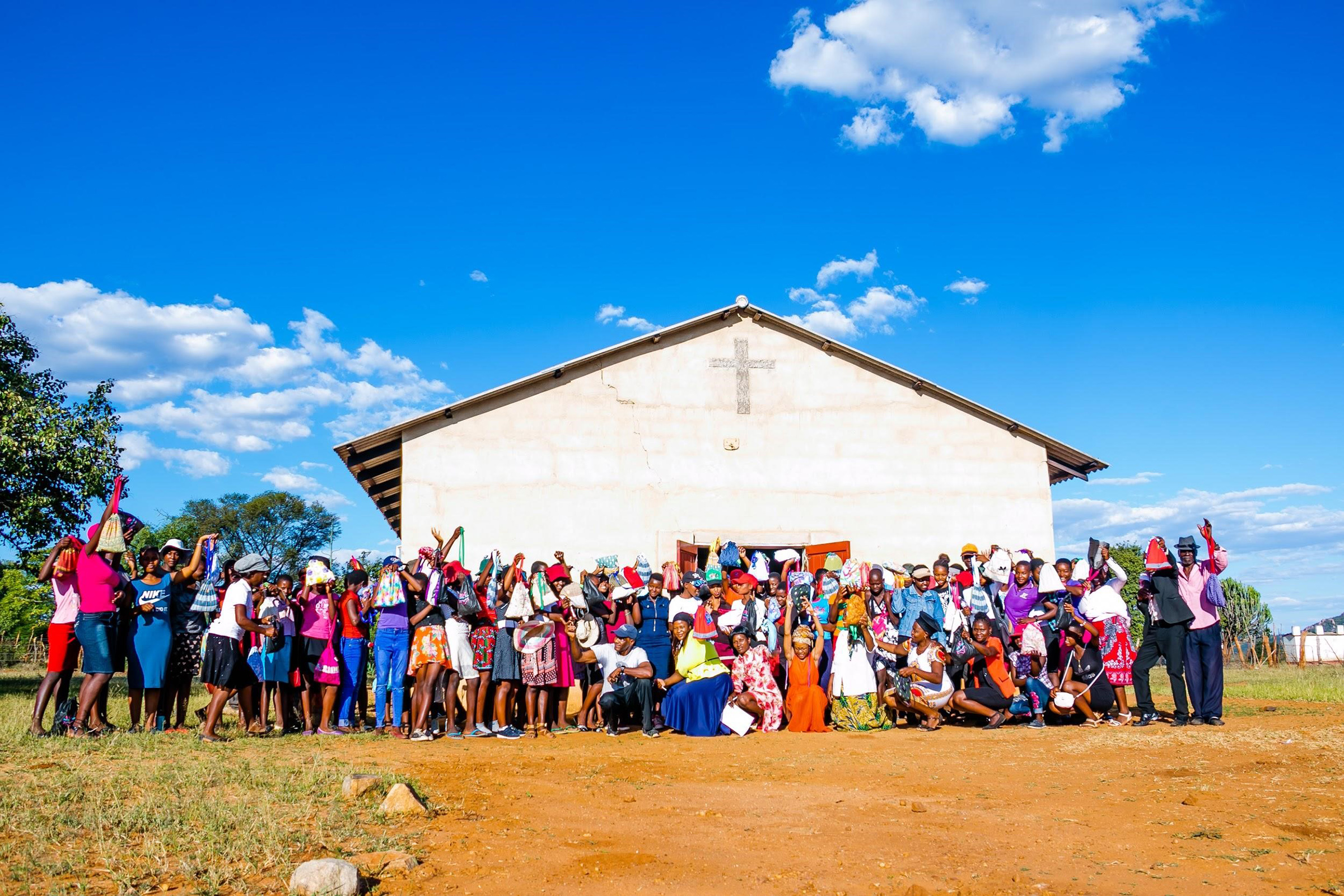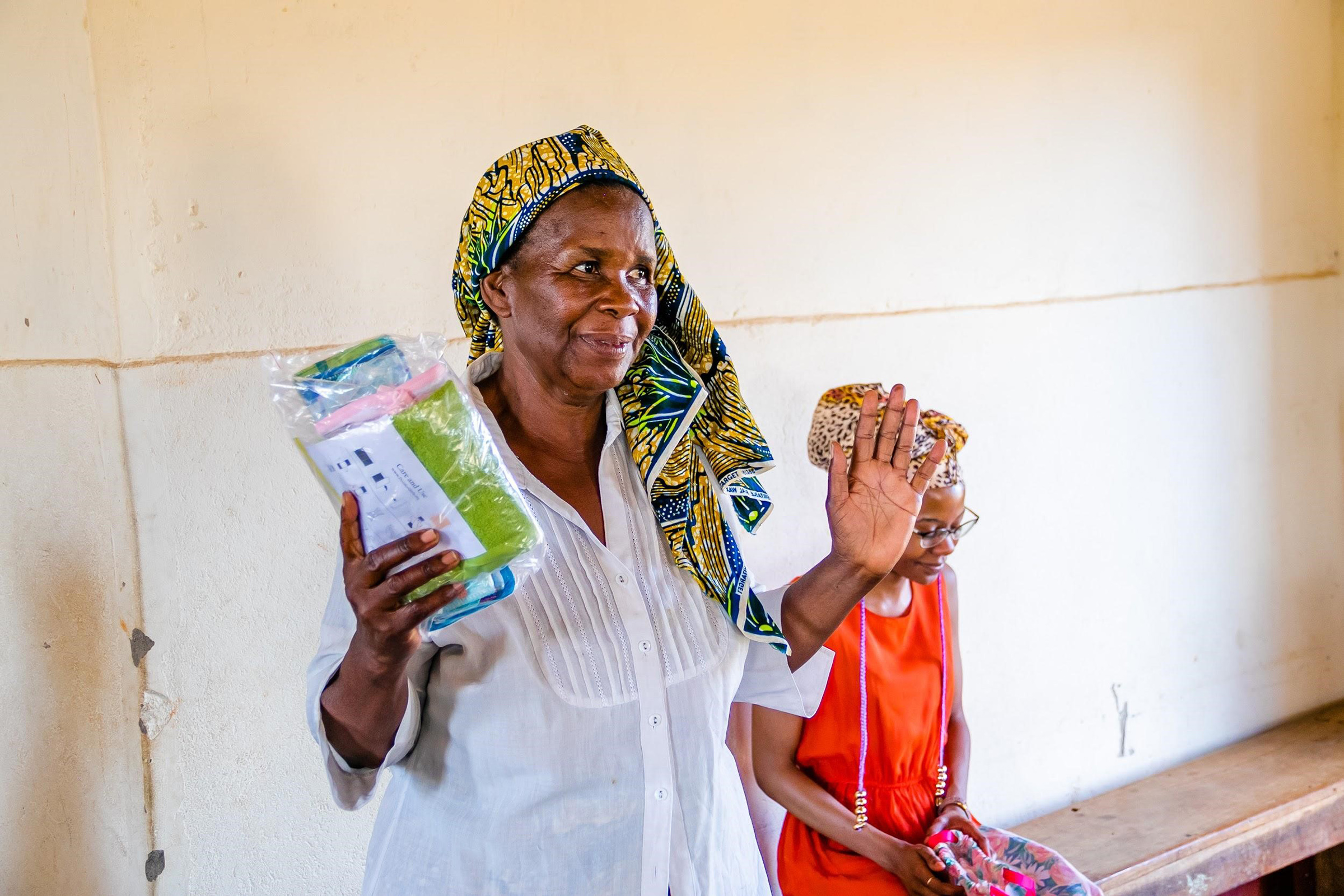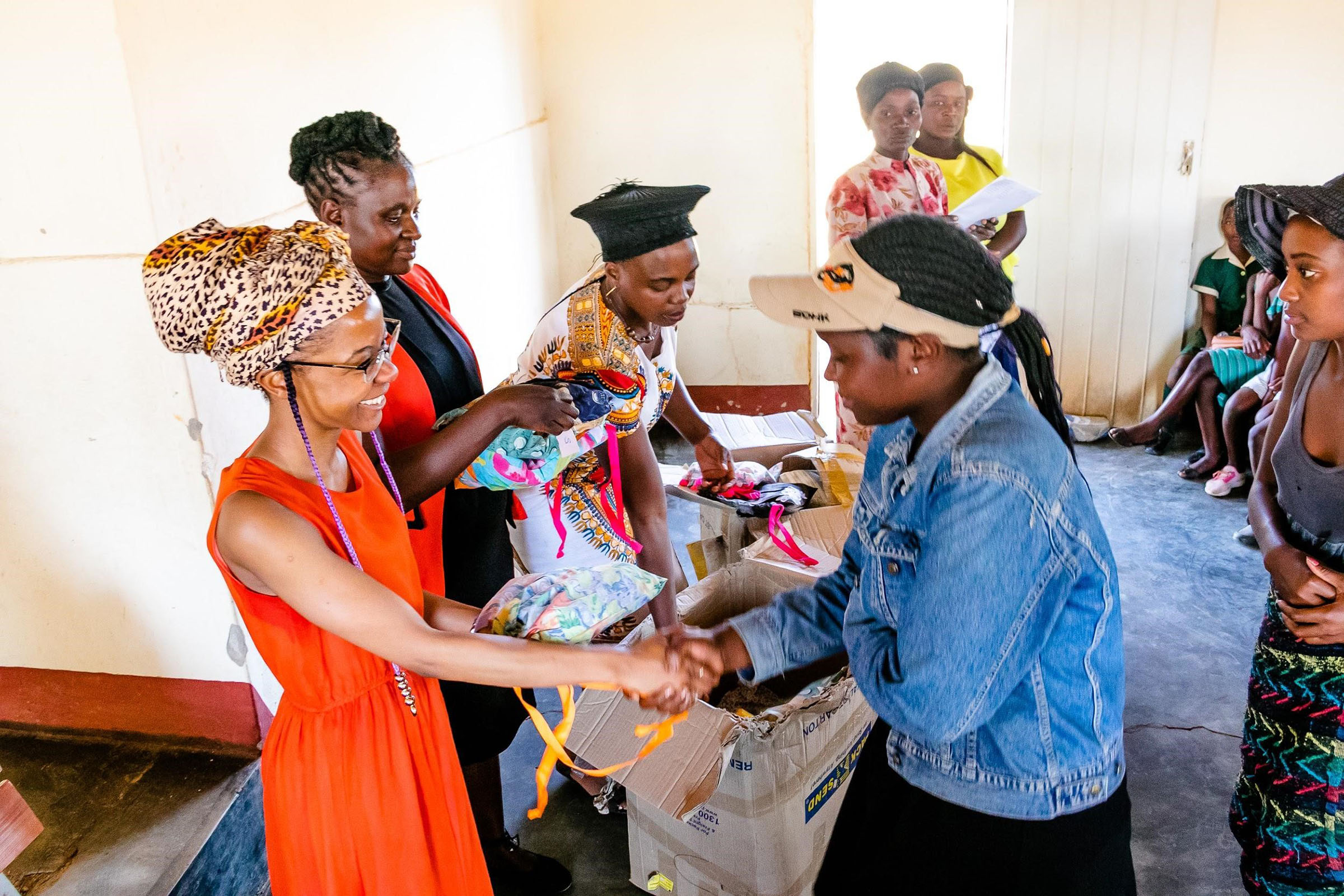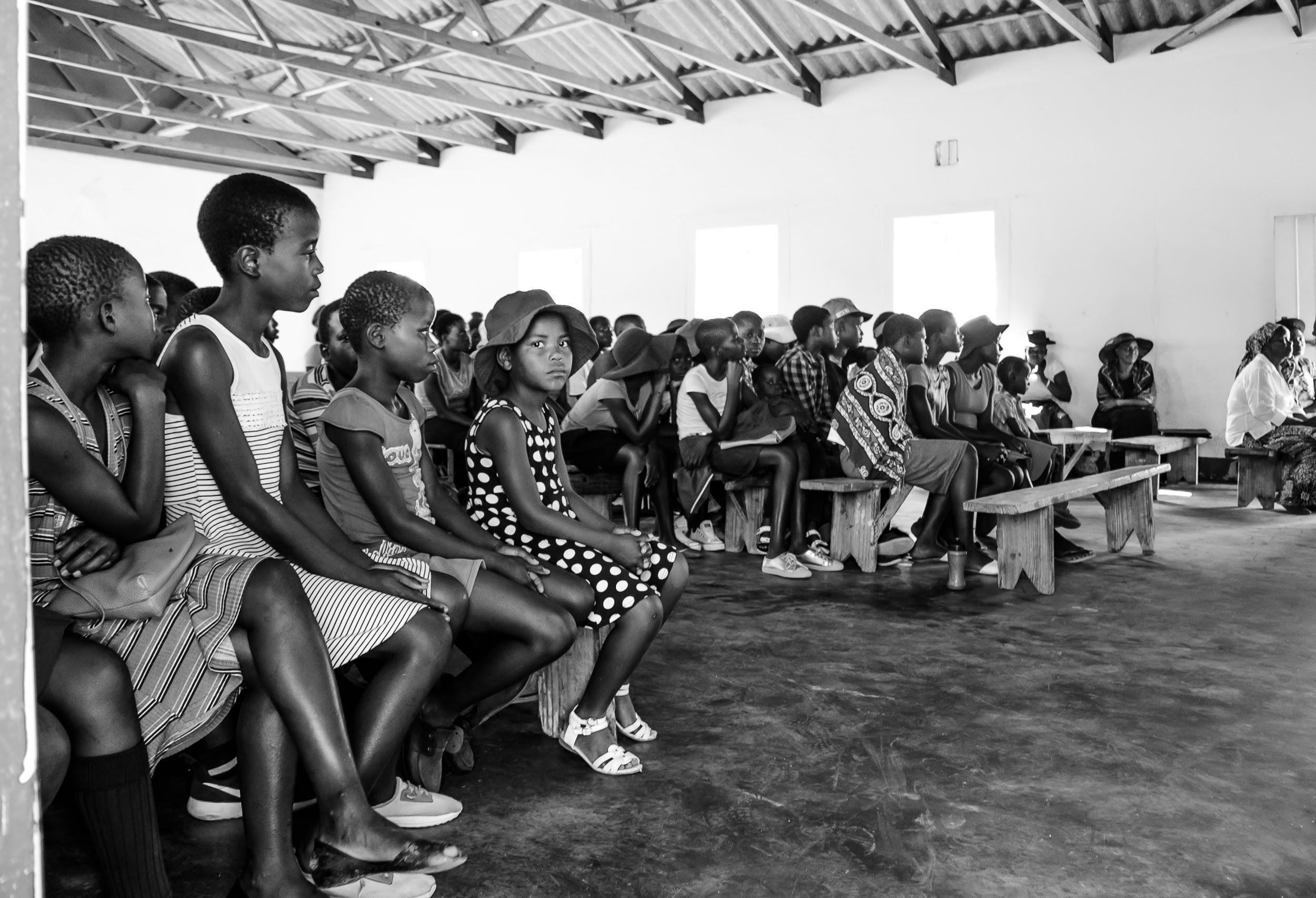Part I: Introduction
PROFILE: Save the Girl Child Movement
Nolwazi Nadia Ncube

Save the Girl Child Movement (SGCM; https://www.savethegirlchildmovement.org/) with its flagship program, “Save the Girl-with-a-Vision” (SGV) was founded by Nolwazi Ncube, a Zimbabwean menstrual activist. Girls in Zimbabwe are said to miss as many as 528 days across the full span of their school-going years. SGV is a rural development program in the Umzingwane District of Zimbabwe, which was established to combat this problem and improve educational outcomes for adolescent girls. SGV is a multipronged program providing: (1) sanitary wear relief, (2) mentorship, and (3) financial support. SGV beneficiaries or “Saved Girls” receive free sanitary wear from the time they enter into the program until they have finished school. We have chosen to focus our activities in the Umzingwane district, which lies in the underserved and historically underdeveloped area of Matabeleland South Province; however, SGV also makes donations to other communities in need outside of Umzingwane, since the need for sanitary wear is a nationwide issue. There is an uneven division of the burden of domestic labor that falls more heavily on the shoulders of girls than boys. Cultural practice dictates that disposable sanitary wear is not meant to be disposed of along with household trash. As a result, girls must go into the field or forest and make a fire to burn and dispose of it. SGV focuses mostly on the provision of reusable pads for rural girls as it is their expressed preference, since disposable sanitary wear comes with its own encumbrances that add to the burden of labor they already participate in.
The high school completion rate for girls in the catchment area is very low, as they are faced with many different challenges that impact their educational outcomes. In order to assist with this, the SGV program has developed a set of criteria for prioritizing its most needy girls who are at high risk of dropping out of school. It considers factors such as orphanhood, family income, and stability of family structure. SGV also has a “buy-a-bike” initiative whereby sponsors can purchase a bike for a girl and to make the distance to the nearest secondary schools more manageable. Save the Girl Child Movement is supported by a small donor called the Geddes Foundation in Cyprus; donations can also be made on this web link: https://geddesfoundation.com/save-the-girl/.
Each year to raise menstrual education and hygiene awareness and mobilize funds for program activities, Save the Girl Child Movement launches its annual Let’s Get Padded Up #LGPU campaign (https://www.gofundme.com/lets-get-padded-up-campaign) with the tagline “Every girl needs pads. PERIOD.” Let’s Get Padded Up fundraisers are organized in conjunction with strategic partners—with special mention to the Rotaract Club of Harare West, the Rotary Club of Harare West, and the Rotaract Club of Borrowdale Brooke. Rotaract clubs are the youth program for Rotary International for young adults up to age thirty. With the help of these clubs, the 2018 Let’s Get Padded Up campaign met its target and was able to obtain a donation of five hundred sanitary hygiene kits from Days for Girls, a nonprofit organization in Australia that sews washable sanitary wear.





